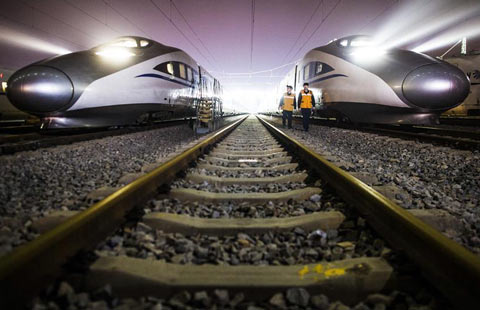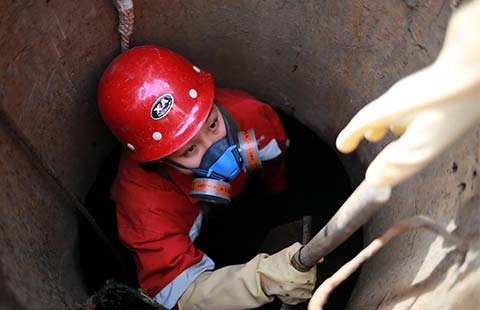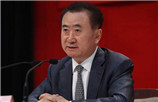Investors, fans divide on 'richest' Evergrande
(Xinhua) Updated: 2016-03-10 10:46GUANGZHOU - Investors, fans and experts have joined in a hot debate after China's Guangzhou Evergrande earned a title as the "richest" club in the world on Tuesday.
The two-time Asian Champions League winner's market value surged to $3.35 billion on Tuesday, beating Real Madrid and Manchester united as the world's most valuable club.
Its stock continued to go up by 0.36 percent on Wednesday, trade at 55.2 yuan ($8.48) on the National Equities Exchange and Quotations (NEEQ).
"It is sheer bubble," said netuser Jianjiandandan, who posted on new portal toutiao.com.
On Tuesday, a transaction in the Evergrande's shares on the National Equities Exchange and Quotations (NEEQ) gave it a market capitalization of $3.35 billion on Tuesday.
The implied market value surpassed Spanish club Real Madrid, who ranked first in Forbes' list of most valuable football clubs with a market value of $3.26 billion and Premier League club Manchester United, whose latest market capitalization was $2.35 billion on NYSE.
"The so-called market value has no real significance at all, no on could accept that a Chinese club worth more than the world's most successful clubs like Real Madrid and Manchester united," the net user said.
The deal was traded for 36,000 shares at 55 yuan ($8.45) each, nearly 40 percent appreciation from 40 yuan when the club sold shares in a fundraising two months ago.
Some believe, however, the seemingly overvalued stock price, actually shows a signal of the promising potential of the football industry in this country.
"The government policy will boost the sports industry, and nothing is impossible in the Chinese football market," another net user said.
During the winter transfer window, Chinese Super League clubs have spent 348 million dollars to import some famous internationals in their prime inlcuding Alex Teixeira, Gervinho and Jackson Martinez.
Companies and businessmen have rushed to put money into football since China last year approved a 50-point plan, including building thousands of football academies, cultivating domestic talent and separating the CFA from the government.
- BMW achieves record group revenues in 2015
- London renminbi trading business promotes China-UK cooperation
- China's deficit rise helpful to check deflation: expert
- Exchange proves prime route to main market
- Healthy demand for ergonomic furniture
- China to boost innovative growth of logistics sector
- Sooner better than later to recognize China's market economy status
- Don't think twice about China, it's alright
















